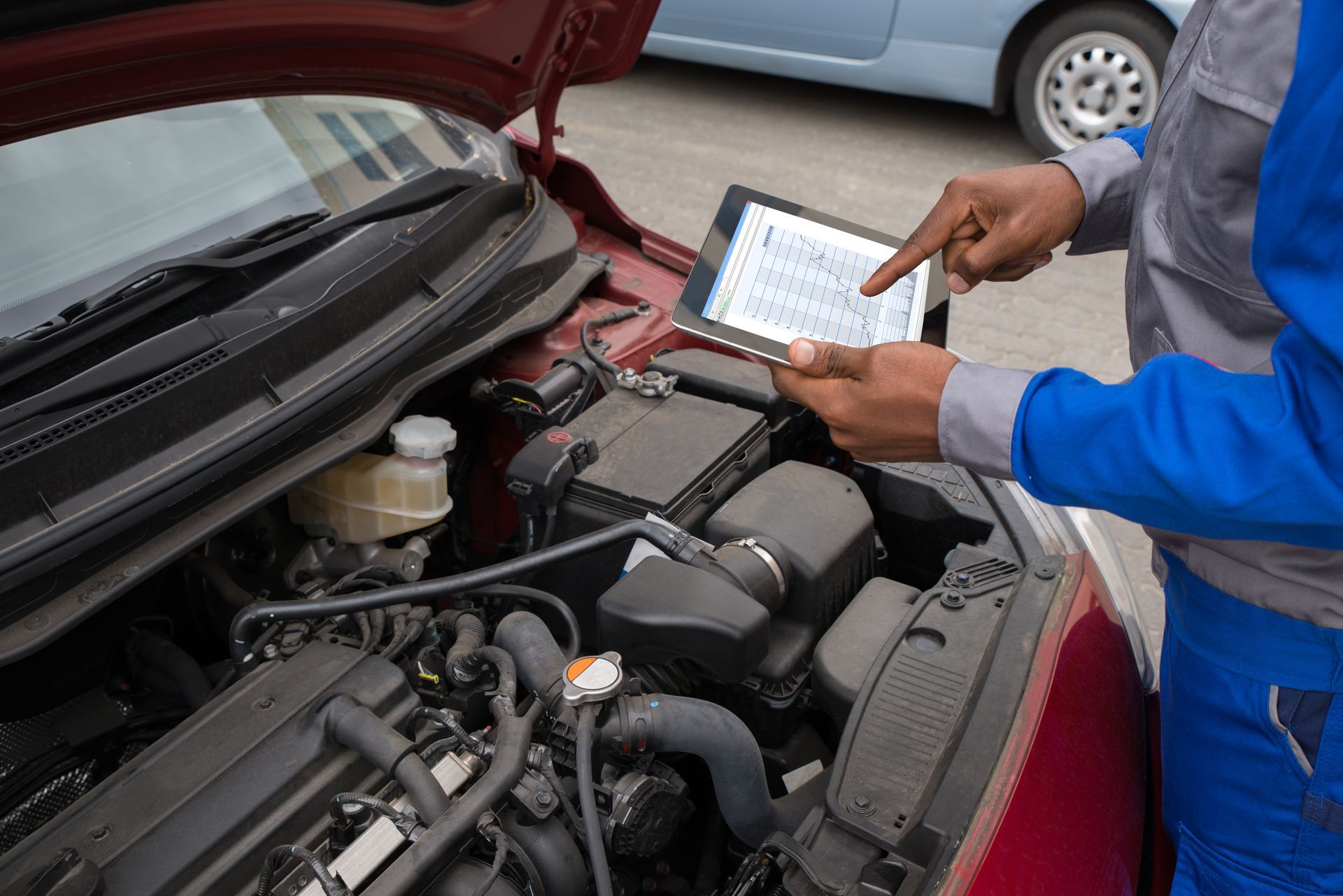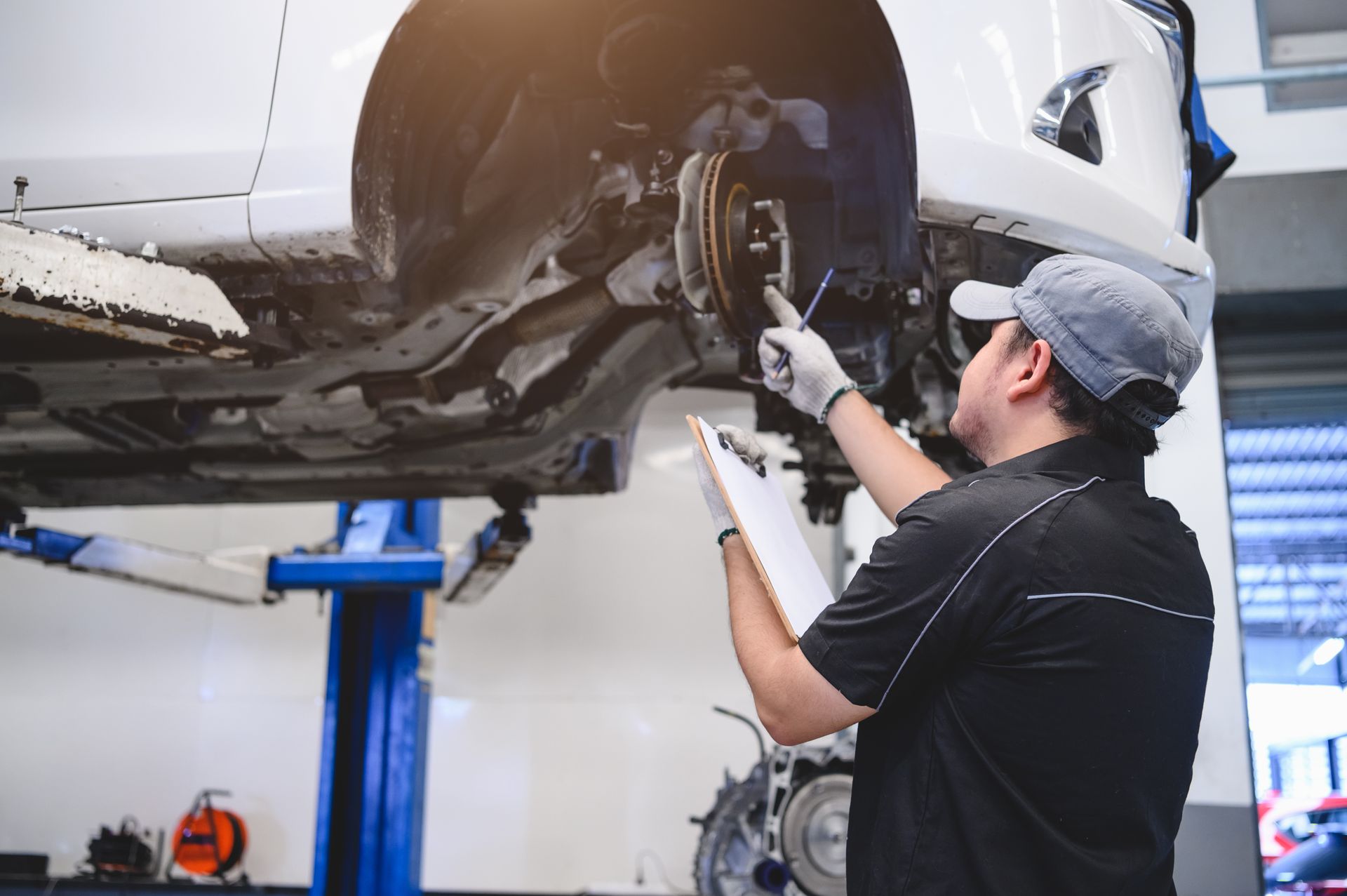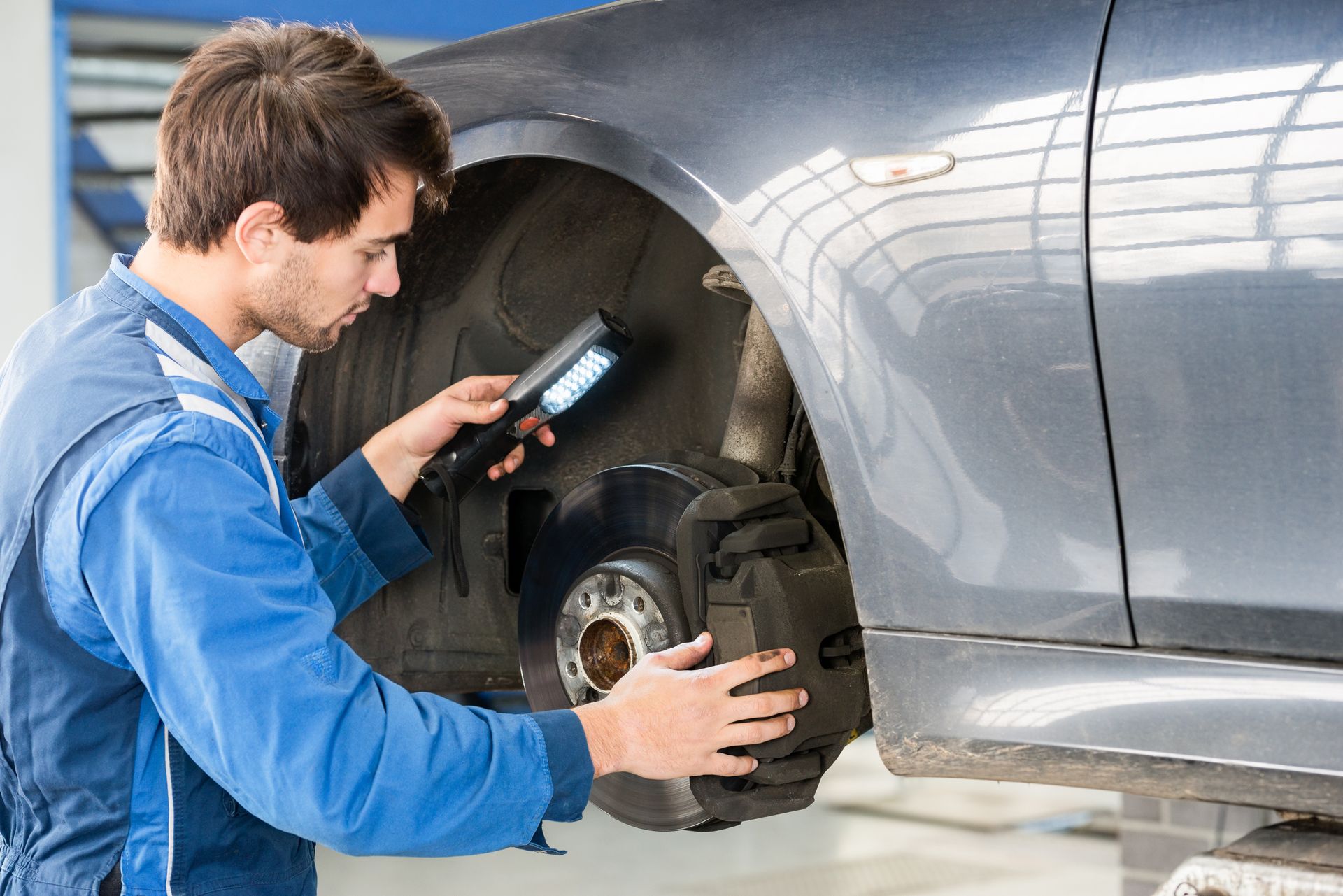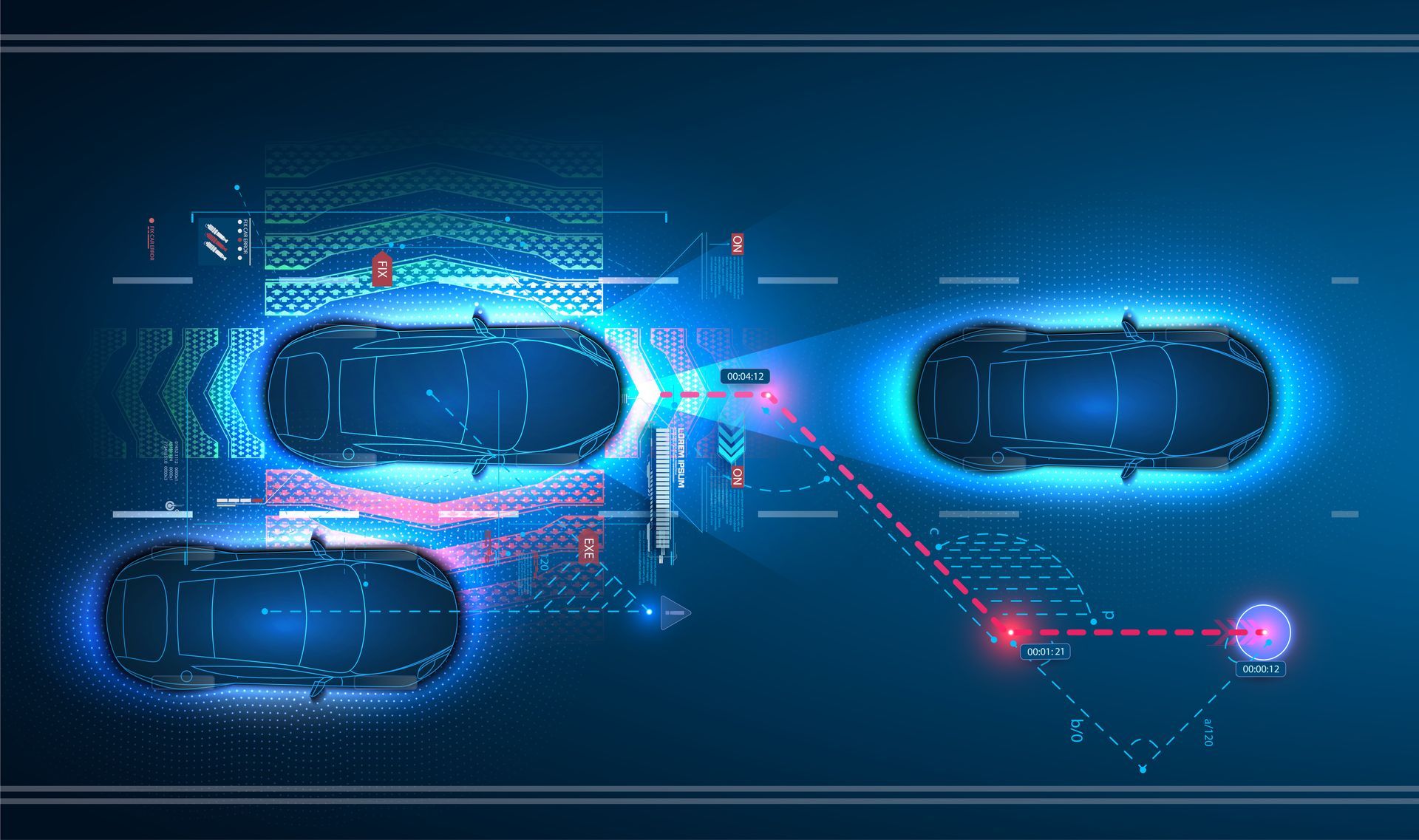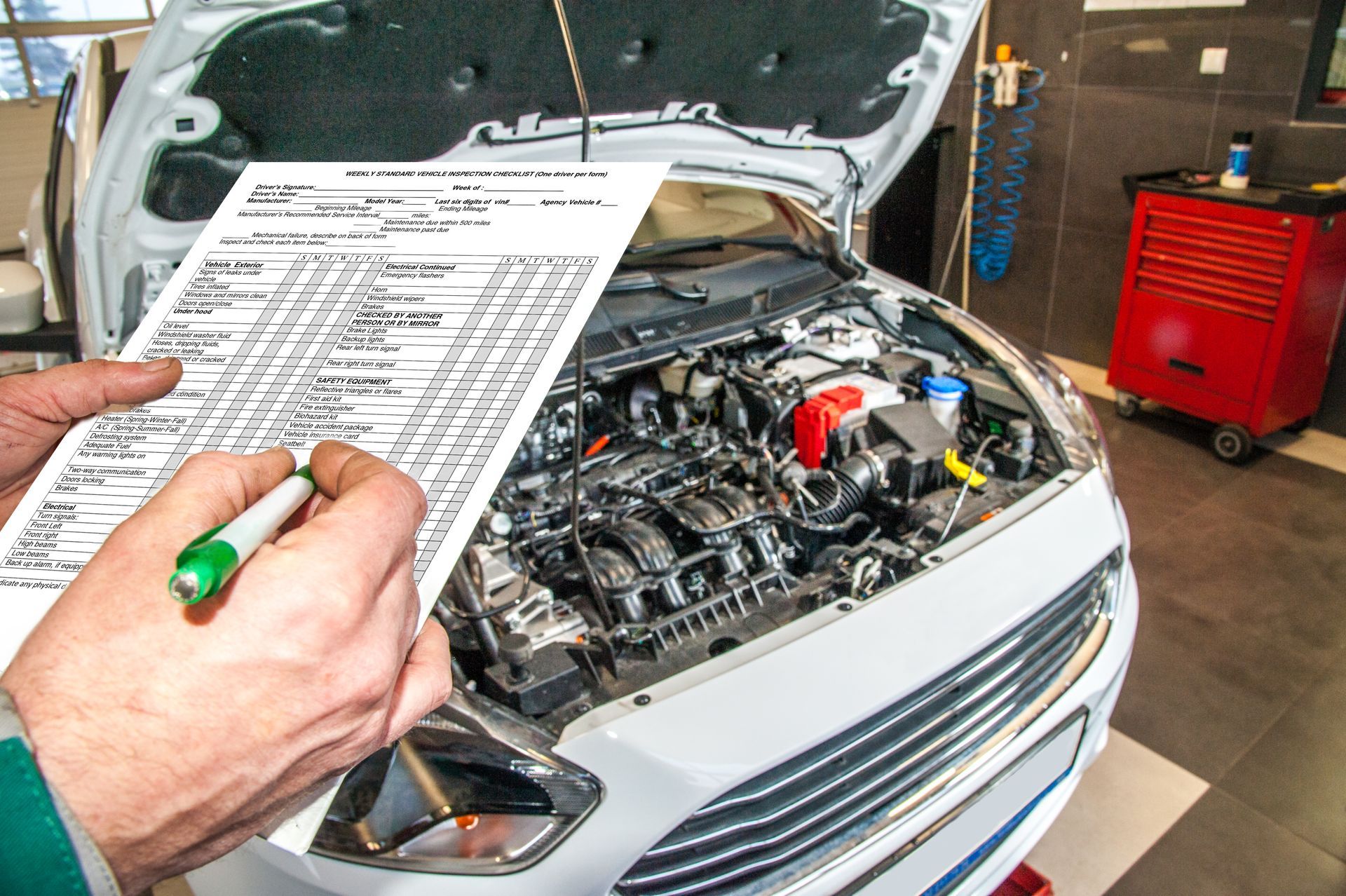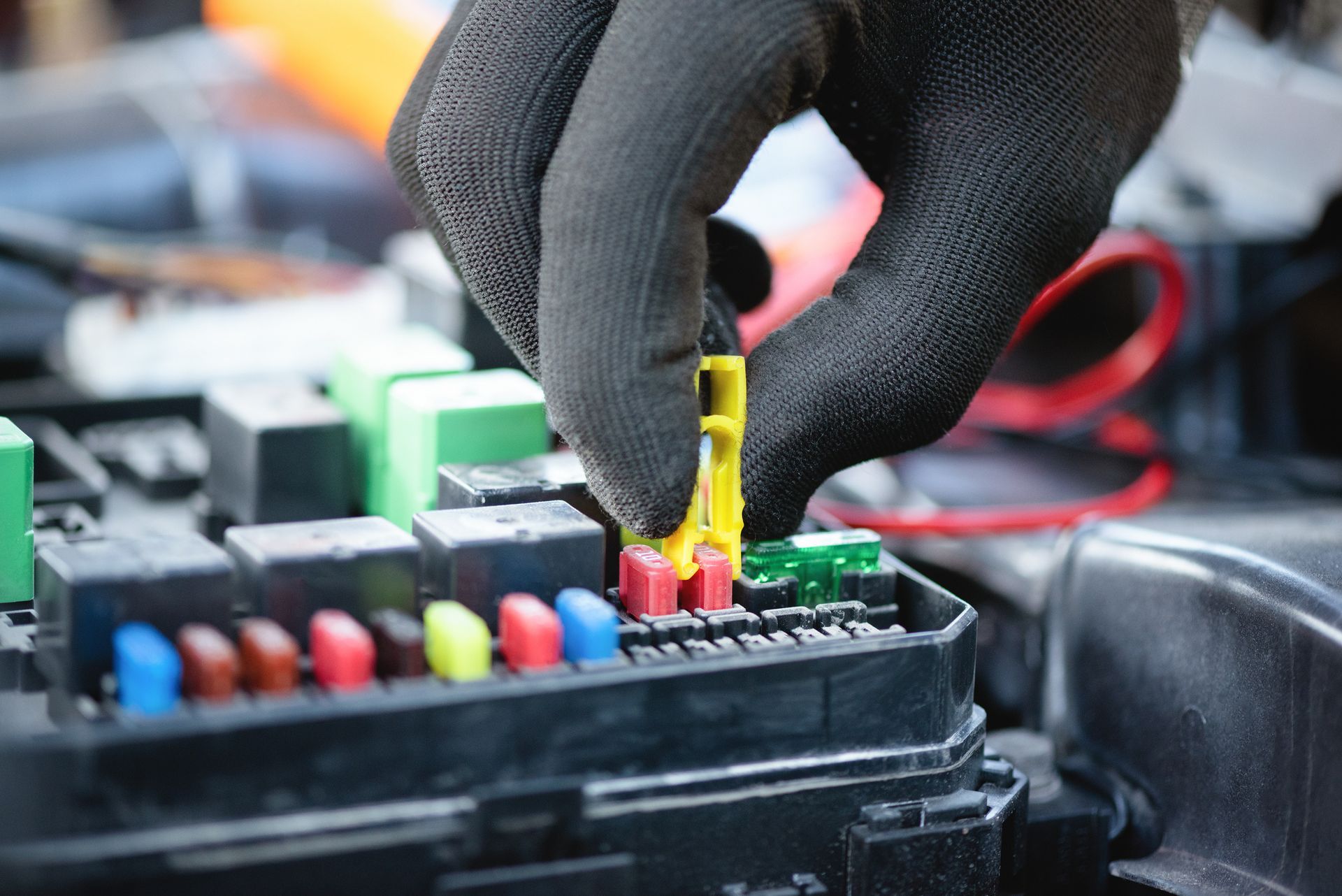When a warning light pops up on your dashboard, it’s easy to brush it off, especially if the car seems to be driving fine. But if that light says “ESC,” it’s worth paying attention. The Electronic Stability Control (ESC) system keeps your vehicle safe, especially when roads get slick or you're making quick steering moves.
The ESC light isn't something to ignore. Understanding what it means and what triggers it can help you stay in control and avoid larger problems.
What Is the ESC System
ESC is a safety feature designed to help prevent your vehicle from skidding or losing traction during sharp turns or sudden maneuvers. It uses sensors that monitor your steering input, wheel speed, and the direction your car is moving. If it senses the car is going one way while your steering wheel is pointed in another direction, the system automatically kicks in.
It does this by applying brakes to individual wheels or reducing engine power to help steer the car back in the right direction. It’s especially helpful on wet roads, in gravel, or during emergency swerves. You might never feel it working, but it’s constantly making small corrections in the background to keep you stable.
Why the ESC Light Comes On
The ESC light turns on for two main reasons. Either the system has been manually turned off (often by a button on the dash), or there’s a fault in the system that needs attention. If it flashes while you're driving, that usually means it’s actively working to maintain control during a slide or slippery condition. But if it stays solid, it could indicate a problem that should be checked out.
Sometimes the ESC light comes on along with other warning lights, like ABS or traction control. That’s because all of these systems share sensors and components. If there’s an issue with one, it can trigger multiple lights at once.
Common Reasons for an ESC Warning
Sensor issues are the most common cause. The ESC system relies on data from wheel speed sensors, steering angle sensors, and yaw rate sensors. If one of these goes bad, the system can’t do its job properly and will shut itself off, which then turns on the light.
Other common causes include:
- A faulty brake light switch
- Damaged wiring or connectors
- Problems with the ABS system
- Low battery voltage or power supply issues
Modifications to suspension, tires, or wheels can also interfere with ESC operation on some cars, especially if those parts don’t match factory specs.
Is It Safe to Keep Driving
If the ESC light is on by itself and your car feels normal, driving for a short period may still be safe. But keep in mind that your stability control system is no longer active, so if you hit a slick spot or need to swerve quickly, you won’t have that extra layer of protection.
If other lights come on at the same time, like the ABS light, or if your car starts handling differently, it’s best to get it checked out as soon as possible. A quick scan can usually pinpoint the issue.
Can You Turn ESC Off On Purpose
In most vehicles, there’s a button that lets you temporarily disable ESC. This is sometimes helpful in situations like deep snow or loose gravel, where some wheel spin is needed to keep moving. But for everyday driving, it’s better to leave it on. It’s there to help, not hurt, and modern systems are smart enough to know when to stay out of the way.
If you accidentally hit the button or bump it while cleaning, you can turn the system back on by pressing it again or restarting the vehicle, depending on the model.
Matics Auto Repair – Helping You Understand Dashboard Warnings in Port Charlotte, FL
If your ESC light is on and you’re not sure why, we can help. At
Matics Auto Repair in Port Charlotte, our technicians can quickly diagnose warning lights and make sure all your vehicle’s safety systems are working properly. Don’t guess when it comes to stability or traction—come in for a quick check and keep your car safe on every road.


